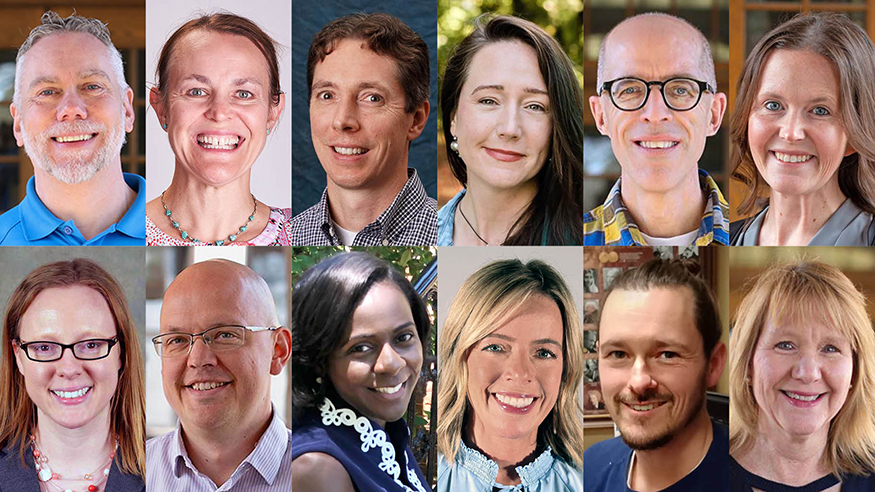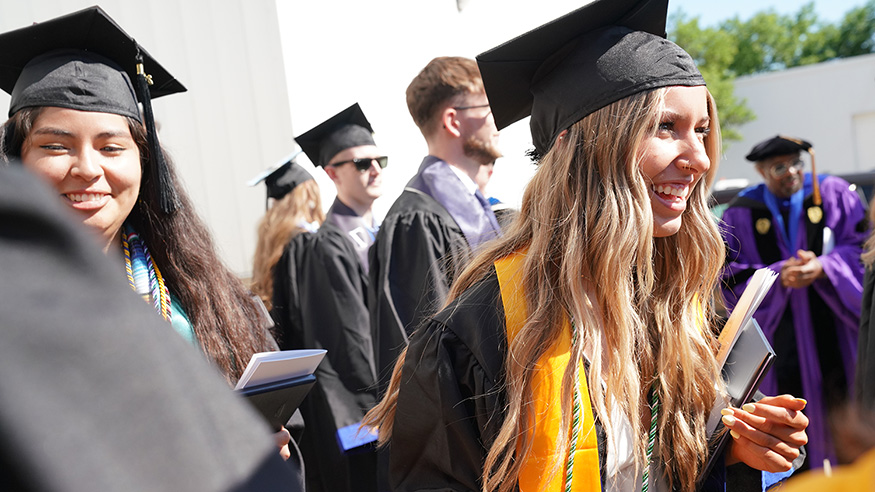Augustana College offers a two-semester post-baccalaureate course sequence to prepare students to apply for speech-language pathology graduate study.
This sequence is available to students who have completed a bachelor’s degree in a discipline other than Communication Sciences and Disorders (Speech-Language Pathology) at or outside of Augustana College.
Students may enroll in two full-time semesters of coursework at Augustana to satisfy prerequisites for application to a speech-language pathology master’s program. Note that this is a non-degree option that does not result in a license or certification.
Tuition for this two-semester program covers 34 credits of coursework. The typical course sequence includes the following courses, but post-baccalaureate students should select their specific courses with a Communication Sciences and Disorders advisor.
For application instructions, or tuition and financial assistance information about the program, email Dr. Allison Haskill.
Fall semester
Introduction to CSD (CSD-110)
Anatomy, Physiology, and Science of Hearing (CSD-210)
Aural Rehabilitation (CSD-405)
Research Methods (CSD-480)
Clinical Practicum I (CSD-490)
Complete 25 hours of guided observation electronically or in our on-campus clinic and serve as a mentee with a graduate student clinician with one client in the Roseman Center.
14 total credits
Spring semester
Neural Bases of Human Communication (CSD-410)
Anatomy, Physiology, and Science of Speech (CSD-205)
Audiology (CSD-315)
Phonetics (CSD-215)
Speech and Language Development (CSD-220)
20 total credits
Supporting courses
Other non-CSD required supporting courses also are required by most graduate speech-language pathology programs.
These courses should be taken before a student applies for admission to a graduate speech-language pathology program, and could be taken online or in person through a different institution or previously may have been completed as part of a student’s associate's degree or bachelor's degree program.
They include the following:
Biology (human or animal-focused)
Psychology, Sociology, or Anthropology course
Statistics
Physics or Chemistry
Linguistics (recommended but not required)


